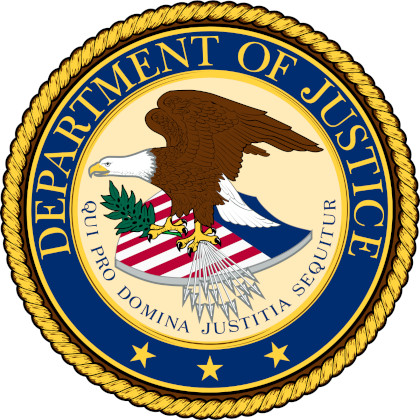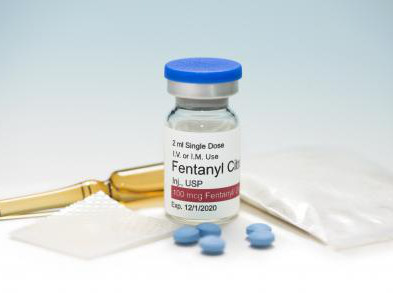
eBay Will Pay a $59 Million Settlement Over Allegations of Facilitating Pill Press Tools Sales
Examining the Implications and Regulatory Measures Amidst the Ongoing Battle Against Opioid Overdoses
NEWS News February 2, 2024 Reading time: 3 Minute(s)
In the relentless fight against the opioid crisis gripping the United States, recent allegations have shed light on the role of e-commerce giant eBay in facilitating the sale of equipment crucial for the production of counterfeit pills, including those containing the lethal synthetic opioid, fentanyl.

The US Justice Department has alleged that thousands of pill presses and encapsulating machines were sold on the platform, with some ending up in the hands of individuals later convicted of drug-related crimes.
The gravity of the situation cannot be overstated, particularly in the context of the devastating toll that opioid overdoses have taken on communities across the nation. Associate Attorney General Vanita Gupta underscored the severity of the issue, emphasizing that counterfeit pills laced with fentanyl represent a significant contributor to the deadly overdose epidemic. With more than 110,000 overdose deaths recorded in the US in 2022, the urgency to address this crisis has never been more palpable.
Central to the allegations is the failure of eBay to comply with the Controlled Substances Act (CSA), which mandates stringent record-keeping and reporting requirements for companies involved in the sale of equipment with potential applications in illicit drug manufacturing.
eBay, however, has denied the allegations, opting to settle the case to avoid protracted litigation costs while affirming its commitment to enhancing compliance with the CSA. The company maintains that fostering a safe and trustworthy marketplace remains a cornerstone of its operations, emphasizing its dedication to addressing the regulatory concerns raised by the Justice Department.

Nonetheless, the implications of these allegations extend beyond eBay's operations, resonating with broader concerns surrounding the regulation of online marketplaces and their role in combating illicit drug trade. The convergence of technology and criminal activity presents formidable challenges for law enforcement agencies and underscores the imperative of robust regulatory frameworks to mitigate the proliferation of illicit substances in digital spaces.
Furthermore, the case underscores the interconnected nature of public health and law enforcement efforts in addressing the multifaceted dimensions of the opioid crisis. The declaration of a state of emergency by the city of Portland in response to the rampant fentanyl use further underscores the urgency of coordinated action at local, state, and federal levels to stem the tide of overdose fatalities.
As stakeholders continue to grapple with the complexities of the opioid crisis, addressing the alleged shortcomings in regulatory oversight and enforcement mechanisms within online marketplaces emerges as a pressing imperative. Beyond punitive measures, efforts must be directed towards fostering greater collaboration between technology companies, law enforcement agencies, and public health authorities to safeguard communities from the scourge of opioid addiction and overdose deaths. Only through concerted, multi-pronged strategies can meaningful progress be achieved in mitigating the devastating impact of the opioid epidemic on individuals, families, and society at large.
COVER IMAGE BY RAWPIXEL.COM ON FREEPIK / REVIEW SPACE / EBAY | ARTICLE IMAGES: DEA.GOV / DOJ
eBay US Justice Department Opioid Crisis Fentanyl Controlled Substances Act Drug Enforcement Public Health Online Commerce Tech News RSMax
*Our pages may contain affiliate links. If you buy something via one of our affiliate links, Review Space may earn a commission. Thanks for your support!
CATEGORIES

























COMMENTS